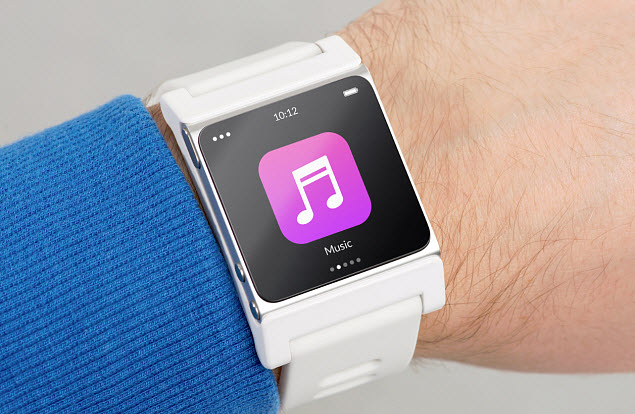As though swipe cards and security cameras weren’t enough, some say that wearables will be the next step.
As wearable technology starts to flood the tech market in virtually every shape and form, from Google Glass to Samsung Gear and Pebble, there are now predictions being released to suggest that these devices will soon be used as the next level of employee tracking.
These wearable devices will give employers the chance to track workers in an effort to improve worker productivity.
At the same time, it is very likely that this will be quite a controversial use for wearable technology, as this will make some workers feel that this level of tracking will cut into their personal privacy. That said, it cannot be denied that it does present employers with an opportunity to gain a better understanding of how things are done and how they can be improved so that the job will be completed with greater efficiency.
Wearable technology could allow data to be collected in order to give employees the ability to work smarter.
 According to a workplace management company called Kronos, it is already creating products for retailers and manufacturers that have communication and tracking capabilities and that will be available for use before the close of 2014. When combined with this type of solution, wearables could come with the potential for considerable productivity and safety benefits, according to the Kronos vice president of global product management, Bill Bartow.
According to a workplace management company called Kronos, it is already creating products for retailers and manufacturers that have communication and tracking capabilities and that will be available for use before the close of 2014. When combined with this type of solution, wearables could come with the potential for considerable productivity and safety benefits, according to the Kronos vice president of global product management, Bill Bartow.
He provided the example that nurses could wear a sensor on their clothing that detects the individual’s heart rate. This would allow them to become more aware of their physical state so that long shifts would lead to a lower level of fatigue. Another example is in the case of manufacturing companies, which frequently ban the use of cell phones on the job. Instead, wristbands or smartwatches that include GPS or geolocation technology could be worn by the employees in order to remind them to return back to the job when they have over-extended their smoke breaks, said Bartow.
He went on to explain that with this type of wearable technology, “The manager could know their location and communicate with them through that device through an alert or a notification and say: ‘We need you immediately.’” In this, it seems that the tech will likely be far more popular among the employers than the employees.

 Unlike smartphones,
Unlike smartphones, 